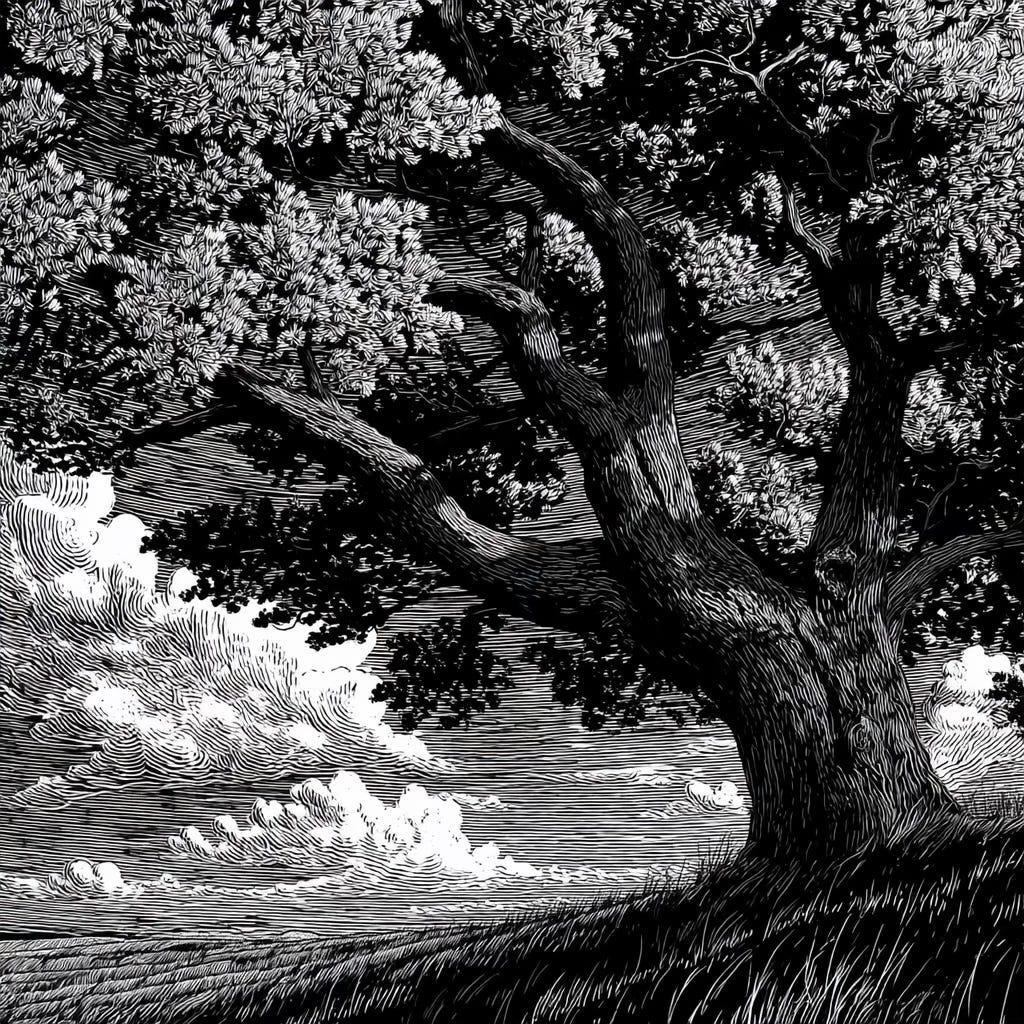If you’re like me, your experience with obedience is more exhausting than exhilarating. But when we walk into the Unitive Way, everything begins to change.
We find that we not only want to obey God, but we are able to obey God. We don’t just agree that his will is our highest good, but we act like it. We rejoice to find that obedience is not the resignation of our will, but the faithful exercise of it.1
Every thought, every word, every deed ends in perfect fulfillment. John Henry Newman called this the perfect Christian state, the place where our “duty and our pleasure are the same, when what is right and true is natural to us.”2
A tree naturally obeys God by growing solid and strong, a dolphin naturally obeys God by slicing in-and-out of ocean water, and we will naturally obey God too - by making His divine goodness visible, by fleshing out what it means to be a real human being, designed in His image and developing in His likeness.
Room to Reflect
When you think about obedience to God, what emotions or experiences come to mind - exhaustion, joy, peace, resistance?
Can you recall a time when doing God’s will felt natural and joyful rather than forced or difficult? What made that possible?
What might it look like for you to obey God as naturally as a tree grows toward the sun or a dolphin moves through the sea - simply fulfilling the purpose for which you were created?
Kidd, Sue Monk., Merton, Thomas. New Seeds of Contemplation (United Kingdom: New Directions Book, 2007), 196.
Newman, John Henry. Selected Sermons, Prayers, and Devotions. (United States: Vintage Books, 1999), 139.


